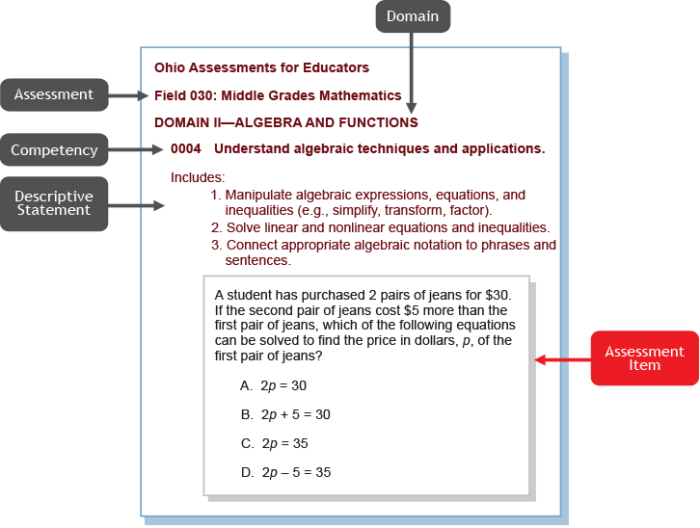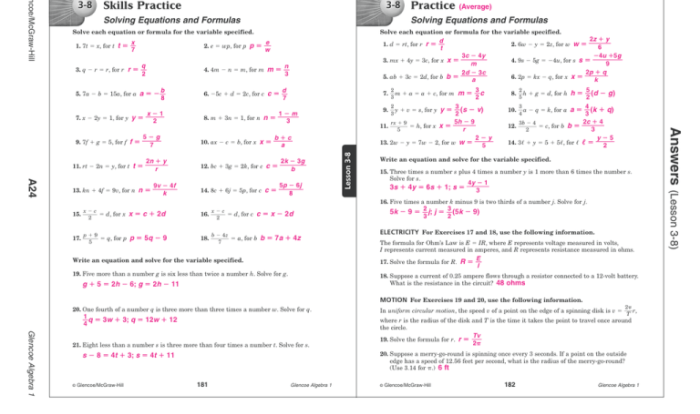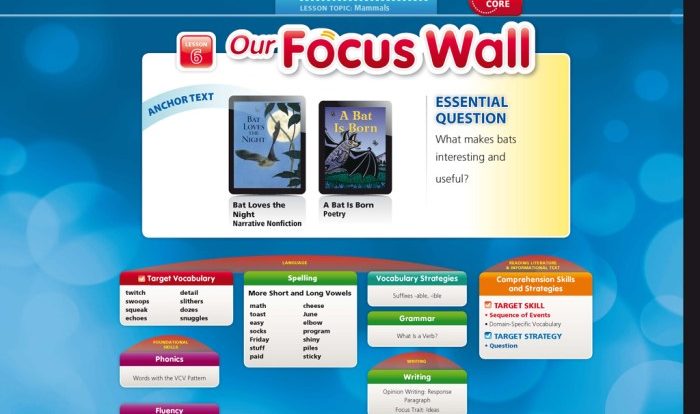The topic 1 assessment form a answer key serves as an essential component of the assessment process, providing a roadmap for educators and learners alike. This comprehensive guide delves into the purpose, content, and effective use of the assessment form and its accompanying answer key, offering valuable insights to enhance the assessment experience.
The assessment form, comprising various sections and question types, plays a crucial role in evaluating student understanding of the subject matter. The answer key, in turn, provides accurate answers, explanations, and grading rubrics, ensuring consistency and objectivity in the assessment process.
Introduction
The purpose of the assessment form and answer key is to provide a structured and standardized way to evaluate student understanding of a specific subject matter.
The assessment form typically includes a series of questions or tasks that are designed to assess student knowledge, skills, and abilities. The answer key provides the correct answers or solutions to the questions on the assessment form.
Intended Audience
The intended audience for the assessment form and answer key is typically students who are enrolled in a particular course or program of study.
Subject Matter
The subject matter covered by the assessment form and answer key will vary depending on the specific course or program of study.
Content of the Assessment Form

The assessment form typically consists of multiple sections or modules designed to evaluate the learner’s knowledge and skills in specific areas related to the topic.
These sections may include:
Multiple Choice Questions
- Multiple choice questions present a stem with a question or incomplete statement followed by several options.
- The learner must select the best answer from the given options.
- Multiple choice questions are often used to assess factual knowledge and basic understanding of concepts.
Short Answer Questions
- Short answer questions require learners to provide brief, concise answers to specific questions.
- These questions may assess learners’ ability to recall information, explain concepts, or provide their own insights.
Essay Questions
- Essay questions are open-ended and require learners to write extended responses that demonstrate their understanding of a topic.
- Essay questions allow learners to explore their thoughts and ideas in greater depth and provide evidence to support their claims.
Other Types of Questions
- In addition to these common question types, assessment forms may also include other types of questions, such as:
- True/False questions
- Matching questions
- Fill-in-the-blank questions
- Problem-solving questions
The format and structure of the assessment form may vary depending on the purpose and objectives of the assessment.
Content of the Answer Key
An answer key is a document that provides the correct answers to a set of questions or problems. It is typically used by teachers, instructors, or assessment developers to grade student responses or evaluate their understanding of the subject matter.
Answer keys are organized in a way that corresponds to the assessment form. They may include the following information:
- Correct answers to multiple-choice, true/false, or short-answer questions
- Explanations or justifications for the correct answers
- Grading rubrics or scoring guidelines for open-ended or essay questions
The accuracy and reliability of an answer key are essential for ensuring the fairness and validity of the assessment process. Answer keys should be developed by subject matter experts and reviewed by multiple individuals to minimize errors or inconsistencies.
Use of the Assessment Form and Answer Key
The assessment form and answer key are designed to provide a structured and objective means of evaluating student learning outcomes. The assessment form consists of a series of questions or tasks that are aligned with the learning objectives of the unit or course.
To administer the assessment, the instructor distributes the assessment form to the students and provides clear instructions on how to complete it. Students are given a specified amount of time to complete the assessment, and the instructor collects the completed forms for grading.
Interpreting the Results
The answer key provides the correct answers to the questions or tasks on the assessment form. The instructor uses the answer key to score the assessments and determine the students’ level of understanding of the material.
The results of the assessment can be used to provide feedback to students on their progress and to identify areas where they need additional support. The results can also be used to inform instructional decisions and to improve the effectiveness of the teaching and learning process.
Benefits and Limitations
The use of an assessment form and answer key has several benefits. First, it provides a standardized and objective way to measure student learning outcomes. Second, it allows the instructor to assess a large number of students in a relatively short amount of time.
Third, it can be used to track student progress over time and to identify students who are struggling.
However, there are also some limitations to using an assessment form and answer key. First, it can be difficult to create an assessment that is both reliable and valid. Second, the use of an assessment form can be time-consuming for both the instructor and the students.
Third, it can be difficult to use an assessment form to assess certain types of learning outcomes, such as critical thinking and problem-solving skills.
Additional Considerations
The assessment form and answer key should consider special adaptations and considerations to ensure accessibility and fairness.
Recommendations for Improving Effectiveness
- Provide clear instructions and examples to guide participants.
- Use appropriate language and avoid bias or ambiguity.
- Pilot test the assessment to identify and address any issues.
- Establish clear grading criteria and provide feedback to participants.
Ethical Considerations, Topic 1 assessment form a answer key
- Ensure confidentiality and protect participant privacy.
- Avoid using questions or tasks that could be discriminatory or cause distress.
- Obtain informed consent from participants before using the assessment.
- Comply with relevant laws and regulations regarding assessment practices.
Popular Questions: Topic 1 Assessment Form A Answer Key
What is the purpose of the topic 1 assessment form?
The topic 1 assessment form is designed to evaluate student understanding of the subject matter covered in topic 1.
What types of questions are included in the assessment form?
The assessment form may include a variety of question types, such as multiple choice, short answer, and essay questions.
How is the answer key organized?
The answer key is typically organized by question number and provides the correct answer, along with any necessary explanations or grading rubrics.


